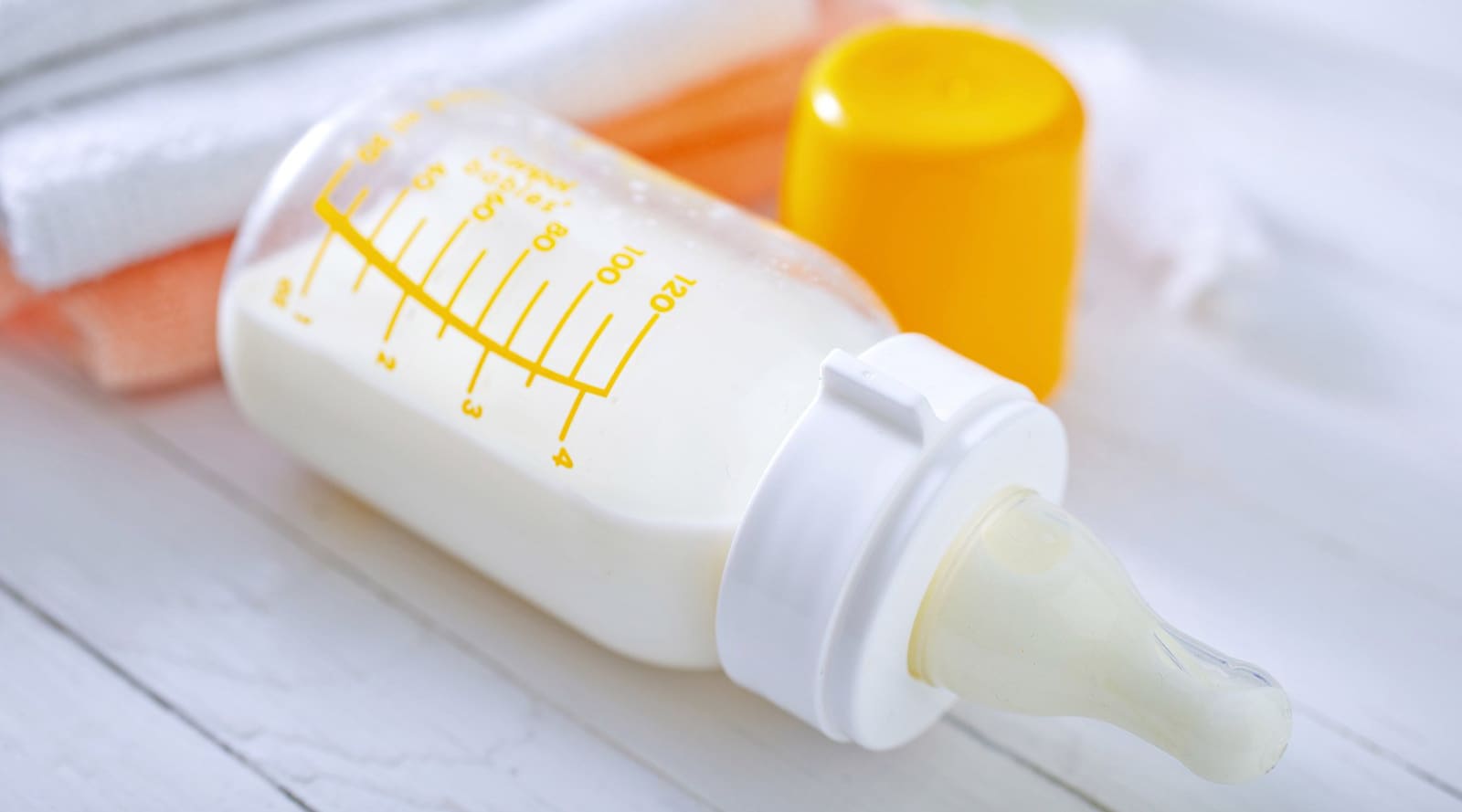What to consider when switching formula?
All formula milks meet strict regulations to make sure they are nutritionally adequate for your baby – but choosing one can still be complicated as they all vary to some degree. If you are considering switching your current formula milk to a different brand or stage or even the same brand with a different recipe. There are several points you need to be aware of:
-
The different types of protein-based formula milks (e.g. cow’s milk based, goats milk based, soya based and hydrolysed protein)
-
The age of your baby
-
Switching formula should be done gradually to allow adjustment to new formula
-
Always talk to your health care professional, before making a switch
It can be a big decision, if you would like to talk our SMA Careline® is always here to listen Call 24/7 on UK: 0800 081 81 80 and Ireland: 1800 931 832.
Types of formula milks available for different stages
There are three types of formula milks designed to meet the nutritional needs of healthy babies.
First infant milks (also known as Stage 1) are suitable from birth onwards. They are the only safe alternative to breastmilk. Follow-on milks (also known as stage 2) are suitable from 6 months developed to address babies evolving nutritional needs alongside a varied and balanced diet.
After the age of one, children are most likely to be getting the majority of nutrients from solid foods. The Department of Health recommends that children aged 6 months to 5 years have daily supplementation of vitamins A, C and D. Some fortified drinks including Growing-up milks (also known as stage 3) contain these vitamins and may be taken as part of a varied and balanced diet.
How to change baby formula
It is important that you speak to your healthcare professional before switching baby formula. We completely understand any changes to your baby’s milk, no matter how big or small, can raise questions. Please contact our SMA® Careline at any time to talk to one of our friendly advisors for more information.
Tips and advice
-
Your baby should be able to happily switch from the old formula to the new but if you would like to ease the transition, you might prefer to change over gradually. This may allow your little one time to adjust onto the new composition of the milk.
-
To transition to the new milk gradually you could replace one bottle of your baby’s current milk with one bottle of your baby’s new milk each day, keeping all the other feeds to the previous one.
-
It may be a good idea to introduce the new feed when your little one is not too tired or irritable, continue this way, increasing the number of feeds with new milk each day until all the feeds are with the new baby/toddler milk.
But if you would like more support with this, please contact our SMA Careline® team via our live chat service or if you'd prefer to speak on the phone you can call them 24/7 on UK: 0800 081 81 80 and Ireland: 1800 931 832.
What do I need to consider when switching baby formula?
All formula milks meet strict regulations to make sure they are nutritionally adequate for your baby - but choosing a baby milk can still be complicated. When changing baby formula to feed your little one (either as a supplement to breastmilk or as a substitute), choosing a baby milk will be a big decision so it’s a good idea to seek advice from your healthcare professional, especially if the change is being driven by any discomfort your baby is experiencing.
If you would like to talk to anyone about the ingredients in our products, please give us a call. 24/7 on UK: 0800 081 81 80 and Ireland: 1800 931 832
What about baby milks for feeding issues?
Babies with specific feeding issues, such as reflux, colic, constipation, or specific dietary needs may require a specialist baby formula. You should only use these on the advice of your healthcare professional.
SMA Careline®
Need expert advice or support 24/7?
We have a dedicated team of expert parents with first-hand experience in everything related to babies. They also have access to expert healthcare professionals such as registered dietitians and nutritionists to answer your questions.
Get in touch





